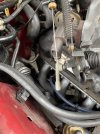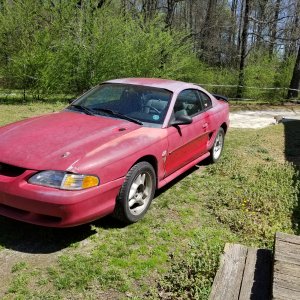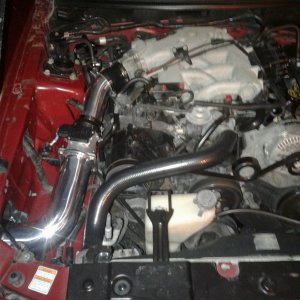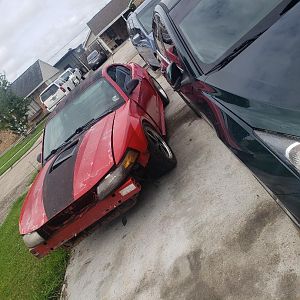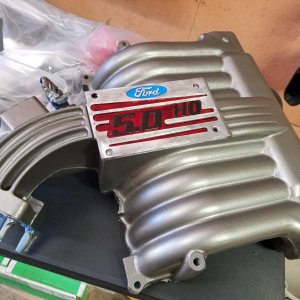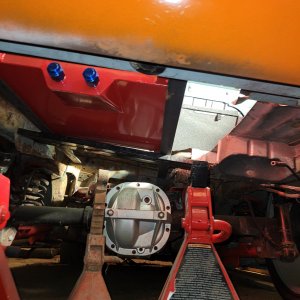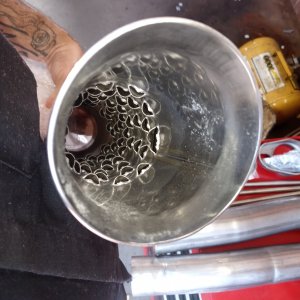Hey all. Finished installing my new bbk long tube headers today, and I’m running into some issues. Firstly, the support brace thing that’s under everything under the car hits the headers now so I don’t know if I should modify it myself to fit or if there’s a specific replacement for it? Secondly, the EGR header to valve pipe decided it doesn’t fit and in an attempt to fit it, it broke. What specific egr tube should i replace it with, and are there possibly flexible ones? In the picture is the hole in the header for EGR and the EGR thing. Thanks.
You are using an out of date browser. It may not display this or other websites correctly.
You should upgrade or use an alternative browser.
You should upgrade or use an alternative browser.
Support brace no longer fits with new headers + egr tube replacement
RAU03MACH
Legend
Egr tube
I went lows and matched the tube
With some copper tube or aluminum tube
You will need a flairing tool to flair out the ends and make the length you need
Just don't forget to put the original nuts back on you will need to reuse
I went lows and matched the tube
With some copper tube or aluminum tube
You will need a flairing tool to flair out the ends and make the length you need
Just don't forget to put the original nuts back on you will need to reuse
Last edited:
Musturd
Post Whore
- Joined
- Feb 12, 2011
- Messages
- 10,500
- Reaction score
- 2,267
The brace underneath you’re fine with out it
Similar threads
- Replies
- 12
- Views
- 625
- Replies
- 3
- Views
- 578

